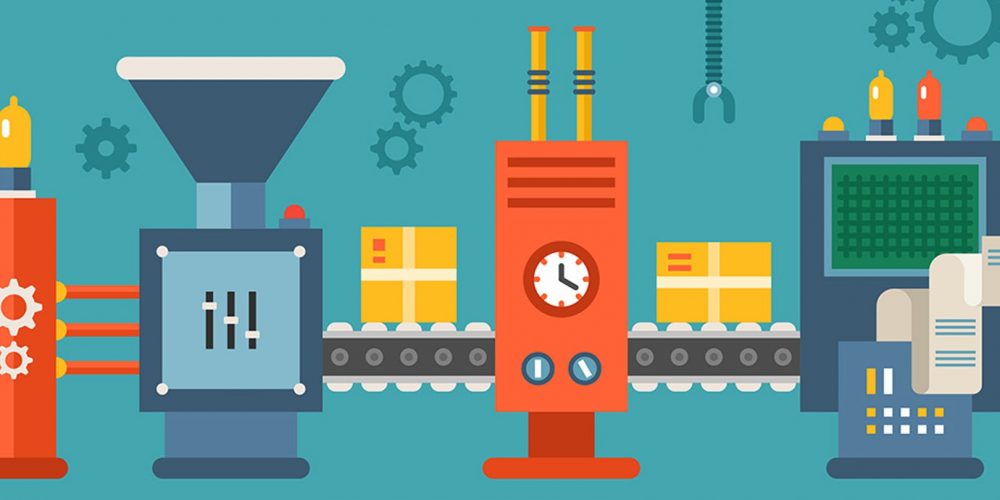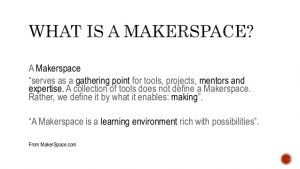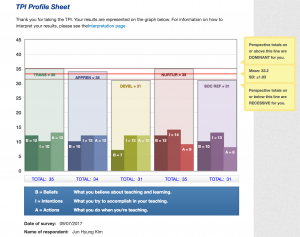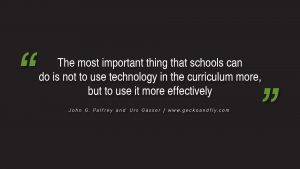During our inquiry class, we tried a new way of facilitating discussion; we each received two “tokens”, where each token represented 2 minutes of talking. If you wanted to have input in a discussion during class, you had to put in a token to be able to talk. One person in the classroom suggested this idea because lately, we’ve been having discussions, which turned into debates, which turned into verbal “fistfights”.
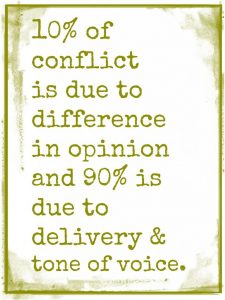
It was pretty good idea in the start; people started respecting other peoples’ answers, and had great input on the topic, and no one went off topic. However, as the topic slowly started evolving into a bigger and more controversial topic, some started interrupting, while others became quiet as they didn’t want to “waste” their tokens. Some students used up all their tokens, so they started zoning out and had zero input in the discussion.
While an interesting idea, I don’t think this methodology was a very good idea. I feel that as adults, we should be able to control the discussion and be able to move with the fluidity of conversation as time passes. Also, we should be able to handle some feedback, whether it be new ideas or critic, and not feel hurt. I think that this inquiry class is a great way to learn how to have a “good” discussion and be able to facilitate it.


